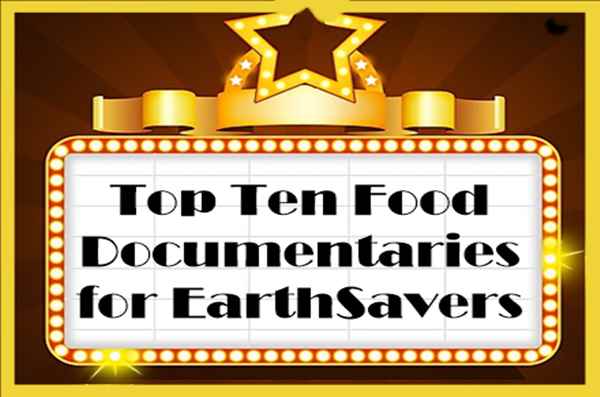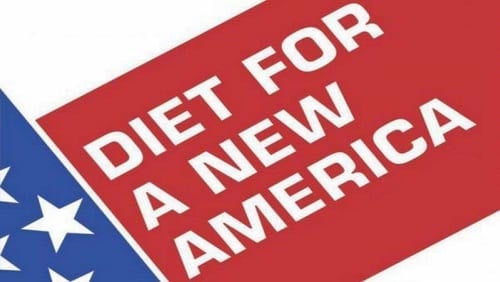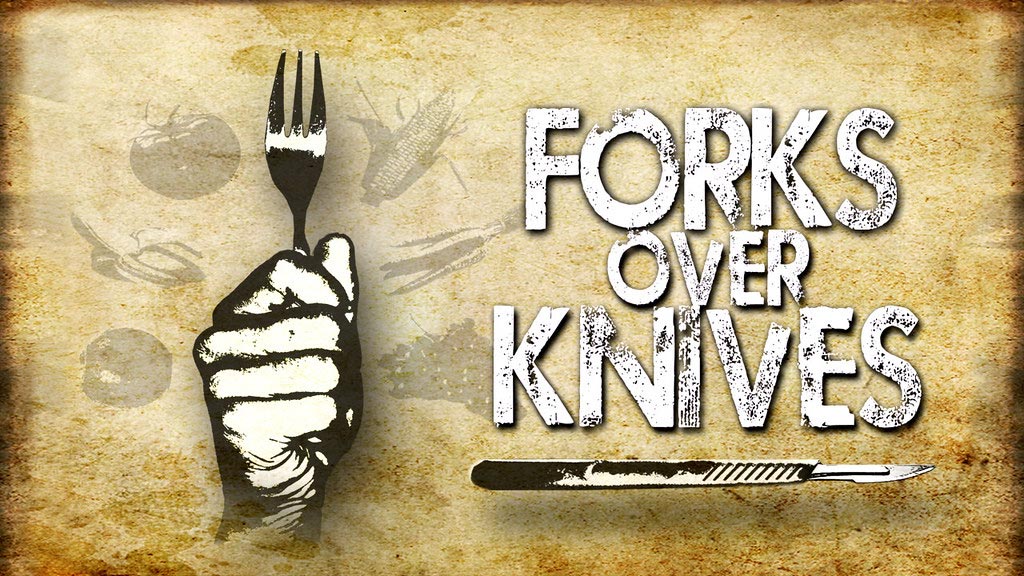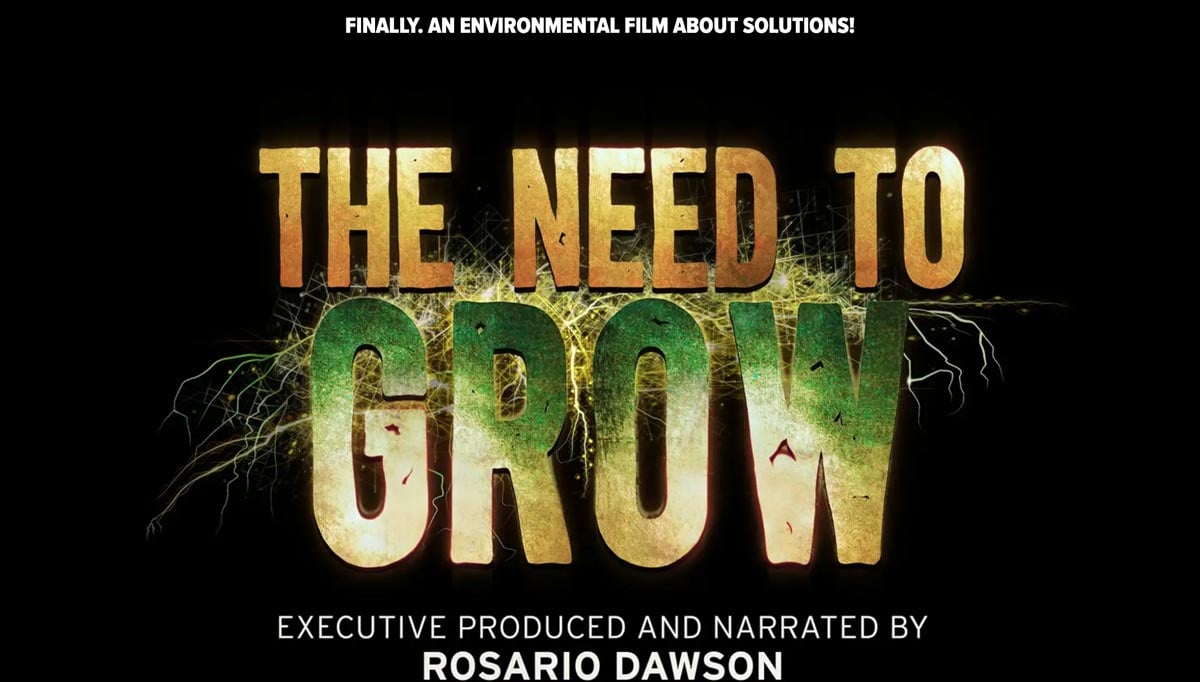 EarthSavers, as you hunker down to avoid COVID take this golden opportunity for online edu-tainment with Ocean Robbins’ Top Ten Picks. (Ocean and his dad, EarthSave Founder John Robbins, manage The Food Revolution, a world-leader in veg*n advocacy):
EarthSavers, as you hunker down to avoid COVID take this golden opportunity for online edu-tainment with Ocean Robbins’ Top Ten Picks. (Ocean and his dad, EarthSave Founder John Robbins, manage The Food Revolution, a world-leader in veg*n advocacy):
10 Plant-Based Food Documentaries – Watch Now by Ocean Robbins
Some Quick links: read below for more…
https://www.whatthehealthfilm.com
https://grow.foodrevolution.org/
https://www.foodmatters.com/films
https://foodrevolution.org/blog/food-and-health/fast-food-health-risks/
https://www.gaia.com/portal/foodrevolutionnetwork
https://foodrevolution.org/blog/plant-based-diet-for-beginners/
https://www.forksoverknives.com/the-film/
If someone went vegan in the late 1980s or 1990s, there’s a good chance they were inspired by the first book from my dad (and now colleague), John Robbins — Diet for a New America. If they made the shift between 2005 and 2011, the most likely influence they’ll name is T. Colin Campbell’s The China Study. When I ask people now why they first decided to try a plant-based diet, many of them name the documentary Forks Over Knives. And since that groundbreaking movie debuted in May 2011, several other high-profile plant-based food documentaries have continued to spread the message. These documentaries have inspired tens of millions of people to shift the course of food culture even amongst people who haven’t seen or heard of them.
A Food Documentary Close to My Heart: Diet for a New America

What makes a documentary into an effective media of change?
For one thing, a good documentary isn’t just an animated lecture about facts. It follows the rules of good storytelling, introducing compelling characters, humor, pathos, conflict, and high stakes. My dad’s record-breaking PBS documentary (it set the PBS record for most pre-airing VHS sales, which was a big deal back in 1991), Diet for a New America, doesn’t start with statistics about meat consumption and heart disease. Instead, the first several minutes share my dad’s story of walking away from the Baskin-Robbins ice cream fortune to follow his conscience. The facts about the standard American diet are introduced as a series of discoveries, almost like a mystery, as he grapples with the legacy of his own childhood illnesses and his quest to heal himself.
The experts, like Michael Klaper, MD (and if you’re familiar with him now, just wait until you see him as a young man!), are introduced as guides, mentors, and helpers along the course of my dad’s journey to understanding. Rather than claiming the position of “Expert You Should Listen To,” my dad acts as a proxy for the audience, humbly taking us along.
Documentaries grab our attention because we want to know what happens next — just like a good novel or fictional Hollywood movie. In Diet for a New America, the section on osteoporosis starts with an interview with a woman who was just diagnosed and is worried because she is still young and fears “disintegrating.” Now, the facts and details of the dietary causes of this disease aren’t just numbers and medical jargon; they have a human face. And that face belongs to someone the audience immediately cares about.
How Plant-Based Documentaries Have Become So Influential
Documentaries also influence and persuade by tugging on emotions as well as appealing to reason. One way they do this is through the use of music. Music can paint a scene with a particular mood, as well as heighten the emotions that a viewer would naturally feel. The slow piano notes that accompany images of penned-in cows in Diet for a New America create an empathic bond with the animals. This scene precedes a montage of mistreatment cut with scenes of chefs talking about how delicious cow parts are. The juxtaposition makes a powerful statement, one made even more poignant because of our emotional attachment to the cows.
The characters in documentaries are also often aspirational. We grow to like them and would like to be like them. Or, in some cases, the documentaries feature celebrities with whom we already feel an affinity for. Both Forks Over Knives and The Game Changers spotlight famous and highly accomplished people who have benefited from the plant-based lifestyle, including actors, Olympians, and scrappy underdogs.
The Power of the Plant-Based Message

Of course, one of the cornerstones to a galvanizing and even world-changing documentary is a message that is fresh, edgy, and credible. It doesn’t hurt that the reasons to go plant-based are so compelling. They were already compelling in 1987 when Diet for a New America was published, and they’ve only become more compelling since then. Science has produced overwhelming evidence for the health benefits of a whole-foods, plant-based diet. Eating more plants and fewer animal products is one of the most powerful ways individuals can personally address the worsening climate crisis. The animal welfare movement has enlisted top Hollywood celebrities to publicize and protest the routine practice of animal cruelty on factory farms.
For many consumers, the term “plant-based” describes their dietary preferences without the ideological baggage that many people associate with “vegan” or “vegetarian.” And with the advent of plant-based meat and dairy analogs that are nearly indistinguishable from and often even better tasting than the originals, more and more people prefer to go meatless when possible.
A lot of the resistance to plant-based eating that was rooted in a fear of “skinny, weak vegetarians” — think of Arnold Schwartzeneger’s famous put-down of Sylvester Stallone in Escape Plan, “You hit like a vegetarian” — has withered in response to the avalanche of top athletes crediting their plant-based diet with giving them a competitive advantage. It didn’t hurt that Schwartzeneger himself was featured in The Game Changers, telling muscle men that they had been misled by marketing and weren’t doing themselves any favors on a meat-heavy diet.
So, let’s look at Food Revolution Network’s top 10 food documentaries that advocate for a plant-based or vegan diet. Many are available from one or more of the big streaming services, some are viewable for free streamed right on this page, while others are available on DVD and Blu-Ray, or by requesting a screening directly from the producer.
And now, without further ado… the top ten (in no specific order)!
10 of the Best Plant-Based Food Documentaries
Forks Over Knives

One of the most-watched documentaries of all time (not just plant-based, but on any topic), Forks Over Knives presents the groundbreaking research of T. Colin Campbell, PhD, and the clinical application of that research by Caldwell Esselstyn, MD. The story of the film is simple: we are sick and getting sicker, and there’s something each of us can do about it.
From heart disease to erectile dysfunction to cancer, the director/narrator, Lee Fulkerson takes us on a journey consisting of one shocking discovery after another. Using the “reality show” frame of showing us the effects of switching to a healthy diet in the course of a short period of time, Fulkerson and the other ‘patients’ featured in the film, show how powerful a plant-based diet can be to reverse chronic disease. And the final shot of a family dinner between the Esselstyn’s and Campbell’s highlights how delicious and accessible this way of eating can be.
What the Health?

What the Health is Forks Over Knives with the (very vegan) knives out. The controversial film makes many of the same arguments while shining a light on the conflicts of interest that keep the medical establishment, pharmaceutical industry, and media from telling us the truth about how the standard American diet is killing us.
The Need to Grow

I was honored to participate in the production of this film, which examines the industrial food system and highlights the work of true Food Revolutionaries who are leading the way to a sustainable system of agriculture that can feed us all. From micro-farm master, Erik Cutter, who grows “100% organic, nutrient-dense food at warp speed” over cement and other human-made surfaces, to activist Girl Scouts trying to get GMOs out of Girl Scout Cookies, we meet bold, determined, and creative “solutionaries” pointing the way to a better world.
The Game Changers
The Game Changers is one of the latest and most popular additions to the plant-based documentary genre. Featuring a Who’s Who of top athletes, and produced and promoted by Hollywood luminaries such as James Cameron (director of Titanic, among many others), Arnold Schwarzenegger, Jackie Chan, and directed by Oscar-winner Louis Psihoyos, this film follows Mixed Martial Arts champion, James Wilks, on his journey of recovery and discovery. It graphically shows that athletes at all levels can not only thrive but improve on a plant-based diet. And since the Tennessee Titans football team, many of whose players are in the documentary, beat two heavily favored rivals to make it to the AFC Championship game in 2020, even more professional athletes have started taking notice.
Cowspiracy
Cowspiracy takes a candid, edgy, and at times humorous look at the agriculture industry from an environmental perspective. The filmmakers highlight the hypocrisy of major environmental organizations’ efforts to combat climate change while not uttering a word about the biggest contributor of all: animal agriculture.
Food, Inc.
This documentary shows how our broken food system puts our health at risk. It advocates local and non-industrial forms of farming (including animal agriculture) and makes a powerful case that we have to take back control over where our food comes from.
PLANEAT
PLANEAT is the story of three men and their life-long searches for a diet that’s good for your health, the environment, and even our planet. Along with pioneering chefs and some of the best cooking you have ever seen, the scientists and doctors in the film present a convincing case for the West to adopt a plant-based diet. The documentary features the groundbreaking work of Dr. T Colin Campbell in China exploring the link between diet and disease, Dr. Caldwell Esselstyn’s use of diet to treat heart disease patients, and Professor Gidon Eshel’s investigations into how our food choices contribute to global warming, land use, and oceanic dead zones. Informative and encouraging, the film shows how the problems we face today can be solved, without simply resorting to a diet of lentils and lettuce leaves.
EARTHLINGS
EARTHLINGS is an animal rights-centered documentary film about humankind’s dependence on animals for economic purposes. Presented in five chapters (pets, food, clothing, entertainment, and scientific research) the film is narrated by Oscar-winning actor, Joaquin Phoenix, featuring music by Moby, and was written, produced, and directed by Shaun Monson.
Diet for a New America
This documentary is a companion to my dad’s 1987 book of the same name. One of the earliest, if not the first of the plant-based documentaries, the film follows John Robbins’ exploration of the consequences of a processed and meat-heavy diet on individuals’ health, the environment, and the animals who suffer for our eating pleasure. I’ve got to say, the science has come so far since the book and movie were first released. It’s pretty amazing how right my dad got it all those years ago.
While we now know more about the mechanisms by which animal-based meals contribute to heart disease, and the environmental costs of animal agriculture are far more dire than we knew back in the 1980s, the content in Diet for a New America has still stood the test of time. Well done, Dad!
Food Matters
Food Matters provides a gut punch to our complacency about our cheap and plentiful menu, by comparing industrial agriculture, and the fast food, medical, and pharmaceutical industries, to terrorists bent on killing as many Americans as possible (any guesses which one is killing more people?!). The punch line: “Good health makes a lot of sense. It just doesn’t make a lot of dollars.”
If you want to watch Food Matters right now, head on over to our Gaia portal where you can enjoy a free screening for 72 hours.
Gaia – a “Netflix” for transformational films
If you want streaming access to 8,000+ consciousness-expanding films, shows, and classes, you might want to check out Gaia. FRN has a channel that highlights some of our favorite films that Gaia hosts. Gaia has offered FRN readers a 7-day free trial, so you can peruse however many of their immense collection of plant-based and other health and happiness-promoting documentaries that you please. If you don’t opt to cancel, your free trial will roll over to a recurring subscription — and a portion of proceeds will go to support the work of FRN. You can check out Gaia here.
Prolonging the Effects of Food Documentaries

A good documentary is entertaining, inspiring, and can also help to facilitate long-term positive change in people. Many of the documentaries listed here have companion websites with resources for implementation, such as recipes, meal plans, and checklists. Check them out, and let your friends, family, and coworkers know they exist.
And also, if you’re looking for a simple, yet comprehensive guide to transitioning to whole-foods, plant-based eating, here’s the Food Revolution Network’s Guide to Plant-Based Eating.
EarthSavePOD is a PlantPure Community
